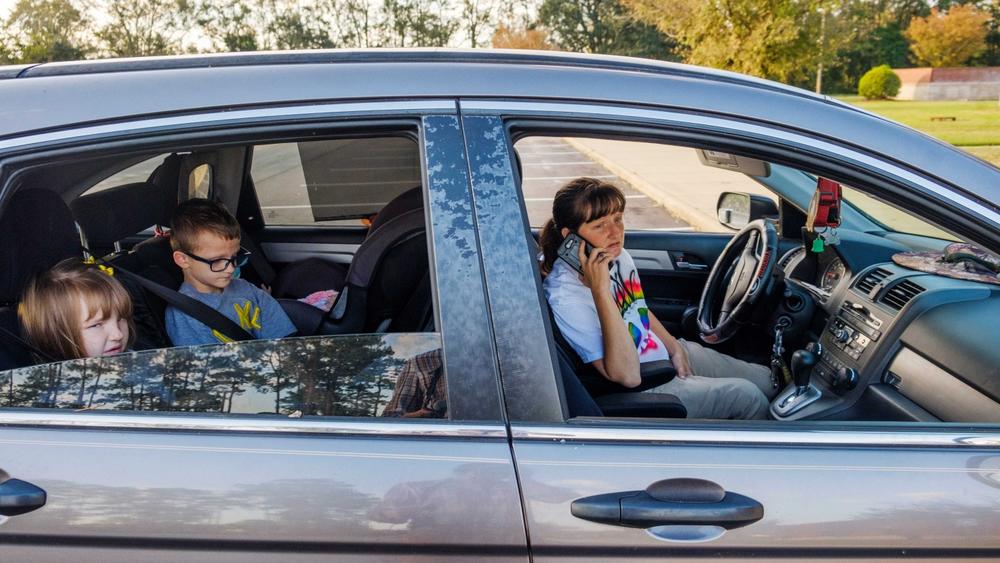Section Branding
Header Content
New Report Shows How Ready Georgia Is For Public Health Emergencies
Primary Content
Georgia leaders have room for improvement when it comes to preparing the state for public health emergencies, according to a report released Tuesday by Trust For America’s Health.
The state landed in the middle tier, achieving a score of five out of a possible 10 measures dealing with diseases, disasters and bioterrorism. “The Ready or Not: Protecting the Public’s Health from Diseases, Disasters and Bioterrorism” series from TFAH has been tracking public health emergency preparedness in the United States since 2003. The organization is a non-partisan public health policy, research and advocacy organization.
In 2018, Georgia dealt with an unusually high flu season for which 38.7 percent of the population was vaccinated. That’s below the national average of 42 percent.
“The target level for our national health goals is actually 70 percent (vaccinated),” Nadine Gracia, the Trust’s executive director, said. “So, this is an area of opportunity for improvement with regards to emergency preparedness and public health readiness.”
She said the best way to prevent the flu is to get vaccinated, and everyone 6 months and older is urged to get a flu shot, according to the Centers For Disease Control and Prevention.
Georgia also lost points because only 62 percent of the workforce has access to paid time off, meaning many people must choose between getting well and getting paid. And if an influenza or outbreak of another disease were to happen, the report says Georgia has no plan for a six to eight-week surge in laboratory testing capacity.
“There's a role for policymakers and elected officials as well as health departments and other state agencies to play in helping to improve the state's readiness,” Gracia said.
More money could be spent on educating people about the serious consequences of influenza and encouraging people to get vaccinated, Gracia said.
Praise came from the state’s 6.4 percent increase in public health funding, and in its hospitals ability to work together.
One of the strengths for Georgia, Gracia said, is that a majority of its hospitals participate in health care coalitions. When there's an emergency or natural disaster, the report says 97 percent of the state's hospitals work together.


